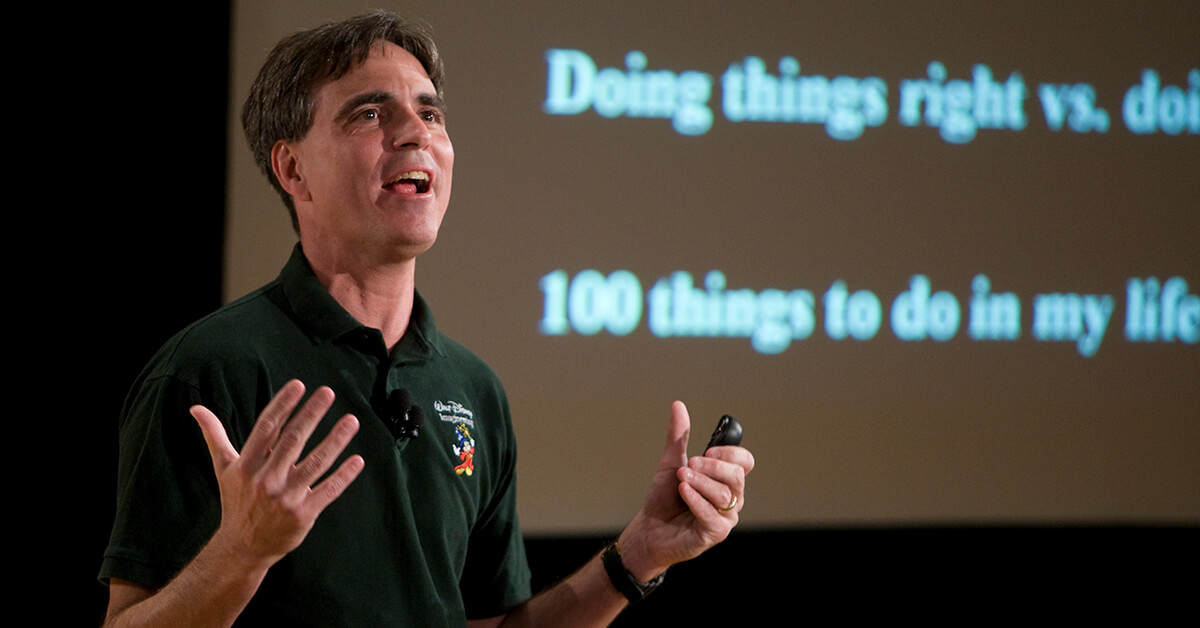Prioritizing your work life might not seem very easy, when everything you have to do feels important. Taking things as they come, without having a strategy, usually throws you into chaos, where you running a race against time day after day. Eventually, this continuous fight is likely to lead to burnout and dramatically affect your life.

Posts Tagged Under: Delegation
Team decisions are, at the core, delegating with superpowers. Using team decisions as a strategy has several key advantages. It means that you clear the way for leadership to focus on what’s important. You build team trust by enabling teams to make executive calls. And you flatten the hierarchy for a bit. Boost trust, enhance positive peer pressure and incentivize innovation. Or at least superior problem-solving, at all levels.

Micromanaging derives from positive traits such as a proactive attitude and attention to detail. These are not bad to start with, but they become toxic when combined with an obsession for control, and inability to trust others.
Micromanaging other people is a difficult job. You end up doing a big and important part of your team’s work and get hated for it. In this article, you will find out to what extent you are micromanaging your team, why you shouldn’t be, and how to stop it.

Workplace productivity is like water in the desert. Hard to gather, quick to evaporate. From time to time, you can see an oasis. Abundant productivity once you reach the mirage, that is.
Surely there are many ways to boost productivity.
Any enterprise is a goal-oriented system of structured human interactions. People working together follow various set of rules and procedures. Getting organized in ways that are predictable, understandable and relatable determines goal-achieving.
Getting organized is not a random process. At the core, it has three key drivers: authority, responsibility, and delegation (ARDs). Organizations grow as these key drivers dictate. This growth enables an increase in departments, functions, teams, decision-making, and organizational complexity. Hence, ARDs are drivers for any organizational structure and constitute pivot points for getting organized. Read this article and learn how to better organize and lead your team using authority, responsibility, and delegation.

Judging by the enormous amount of books and blog posts on the topic of productivity, you can easily realize just how hard it is for anyone to actually reach this goal of ultimate productivity. Managers, C-level executives, and entrepreneurs are facing an even bigger challenge because they are usually involved in many projects, have a lot of responsibilities, and the pressure to succeed is incredibly high. Being productive is even more compelling.
That’s why I decided to put up a list of what I found to be the productivity hacks that are both highly effective and easy to implement in no time.
Photo by rawpixel on Unsplash
Our CEO once recommended me Randy Pausch’s talk on Time Management and I was totally blown away by it. The part about methods of successful delegation is particularly interesting so I decided to summarize it in this article.
